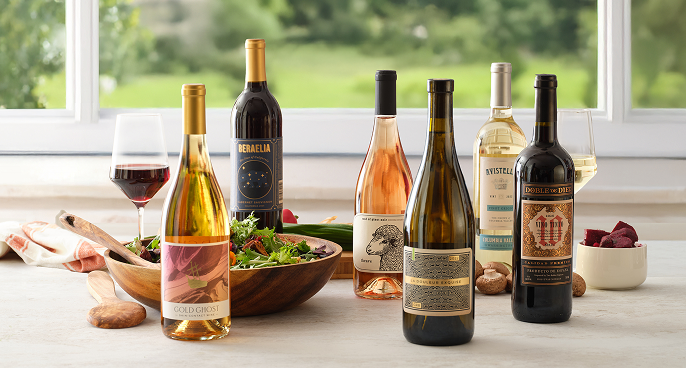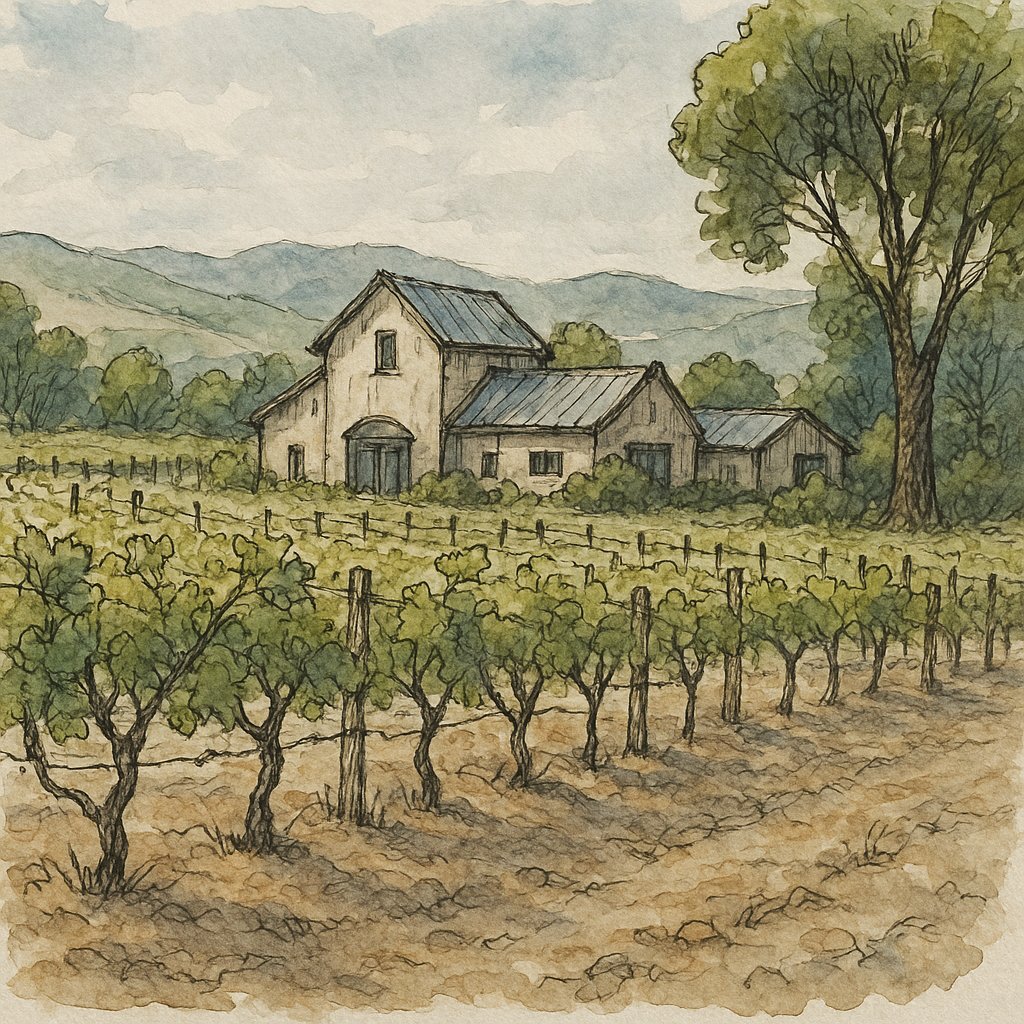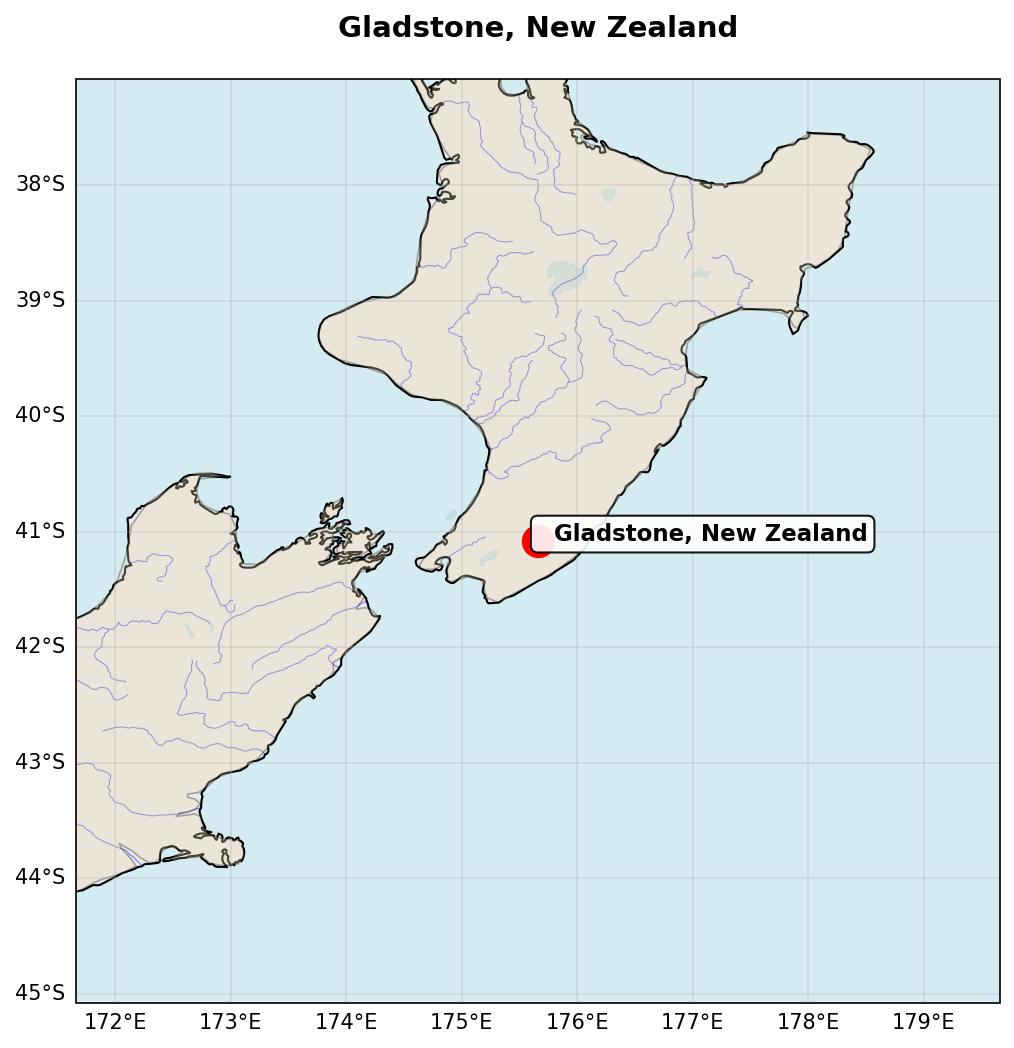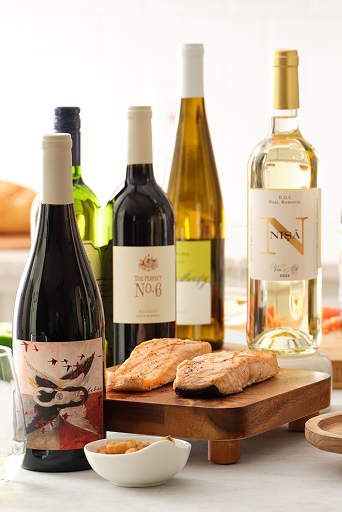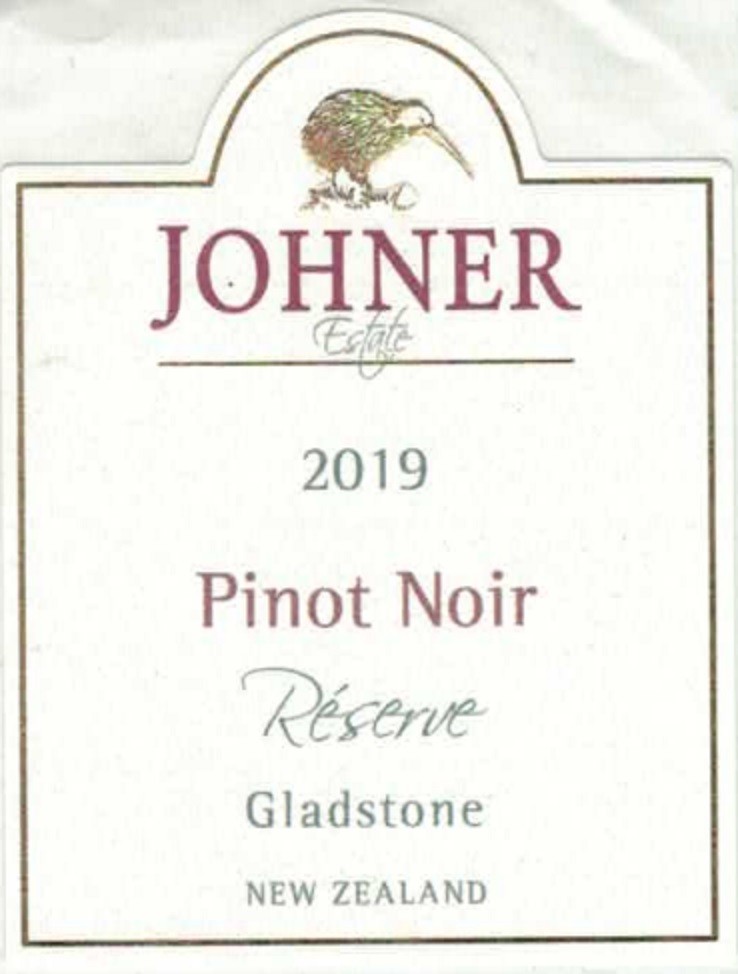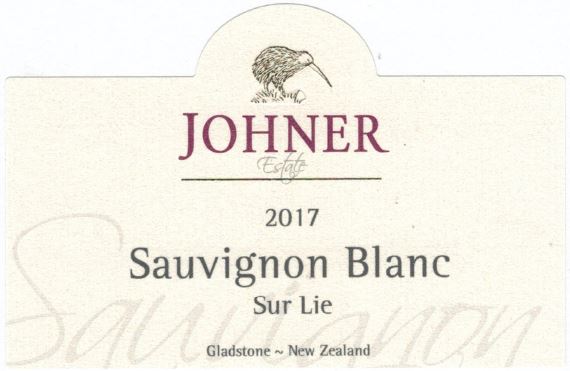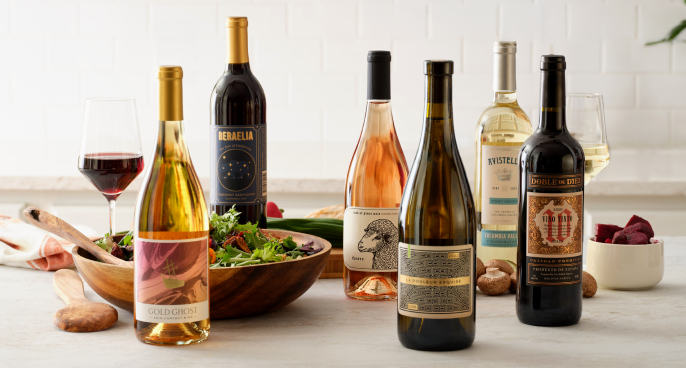Terroir of Gladstone
The Gladstone sub-region benefits from its unique terroir, where vineyards thrive on the old terraces of the Ruamahanga River. The stony silt loams and deeper clay soils here are well-draining, yet they retain enough moisture to ensure even ripening. This balance contributes to the clarity and intensity of the wines, particularly enhancing the elegance of Pinot Noir.
The cool maritime climate further defines Gladstone's distinctive wine profile. Warm, sunny days coupled with cooler nights help preserve the natural acidity of the grapes, crucial for crafting wines with vibrant freshness. The significant temperature differences between day and night allow for balanced ripeness, enhancing the aromatic qualities of varietals like Sauvignon Blanc and Pinot Gris. Although the region faces frost risks, its open terraces and gentle slopes aid in efficient cold air drainage, creating an environment where premium quality grapes can flourish.
Notable Wineries in Gladstone
Gladstone, nestled in New Zealand's Wairarapa region, is home to a few notable wineries that embody the area’s dedication to quality and character. Here are some key players:
-
Gladstone Vineyard: A family-owned pioneer, celebrated for its Pinot Noir and Sauvignon Blanc. Their single-site selections showcase the distinctiveness of the terroir.
-
Urlar Estate: Known for organic and biodynamic practices, Urlar Estate crafts Pinot Noir, Riesling, and Sauvignon Blanc that emphasize purity and texture.
-
Johner Estate: A small, family-run winery focusing on elegance and aromatic expression. Their Pinot Noir and Sauvignon Blanc benefit from the region's gravelly terraces.
While Gladstone's production is limited, the commitment to quality and site-specific expression makes these wineries stand out in New Zealand’s vibrant wine scene.
Sustainable Winemaking in Gladstone
In the heart of New Zealand's Wairarapa region, Gladstone stands as a testament to sustainable viticulture. Many vineyards here have committed to organic and biodynamic farming, fostering soil health through compost and cover crops. These practices minimize synthetic inputs, enhancing the natural vitality of the land. Local growers also focus on maintaining robust ecosystems by planting cover crops beneath vines and managing erosion to support biodiversity.
Community engagement is strong, with many producers participating in Sustainable Winegrowing New Zealand programs. These initiatives emphasize water conservation, energy efficiency, and eco-friendly packaging. This collective effort underscores Gladstone's dedication to environmental stewardship, ensuring that the terroir's unique characteristics continue to produce exceptional wines for future generations.
Wine Tourism in Gladstone
Gladstone offers an enriching wine tourism experience, harmonizing scenic beauty with viticultural excellence. Visitors can enjoy personalized cellar-door tastings, often paired with local foods, by booking in advance. These tastings showcase the region's standout varietals like Pinot Noir and Sauvignon Blanc, emphasizing the unique terroir.
The landscape invites exploration through relaxed drives or cycling routes, with views of the Ruamahanga River flats and idyllic picnic spots. Proximity to Martinborough and Masterton allows for easy access to regional highlights such as farm stays, olive groves, and wildlife centers.
The wineries in Gladstone, including pioneers like Gladstone Vineyard and Urlar Estate, offer insights into sustainable viticulture practices, blending wine appreciation with environmental stewardship. This commitment ensures that visitors not only taste premium wines but also witness the dedication to preserving the region's natural beauty and terroir.

